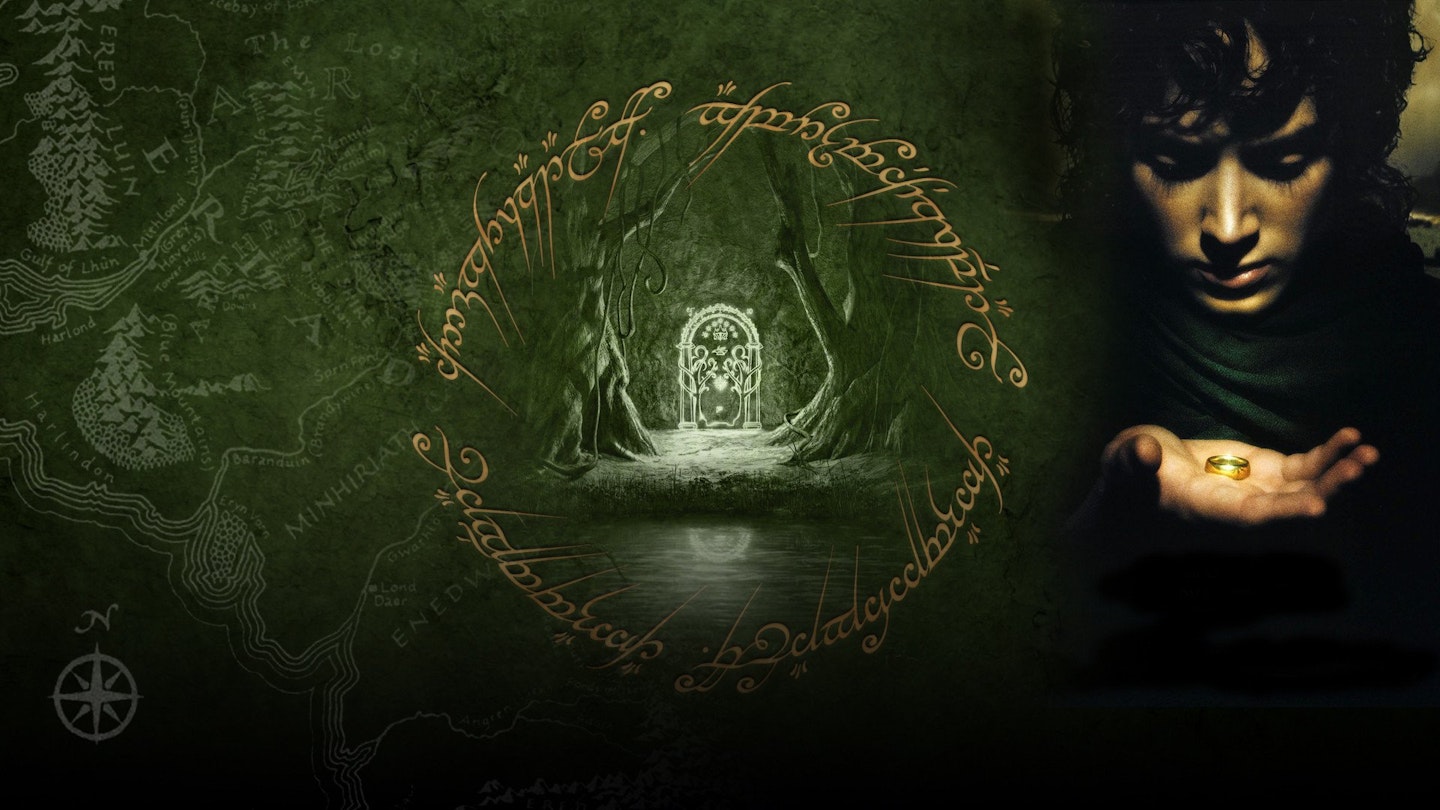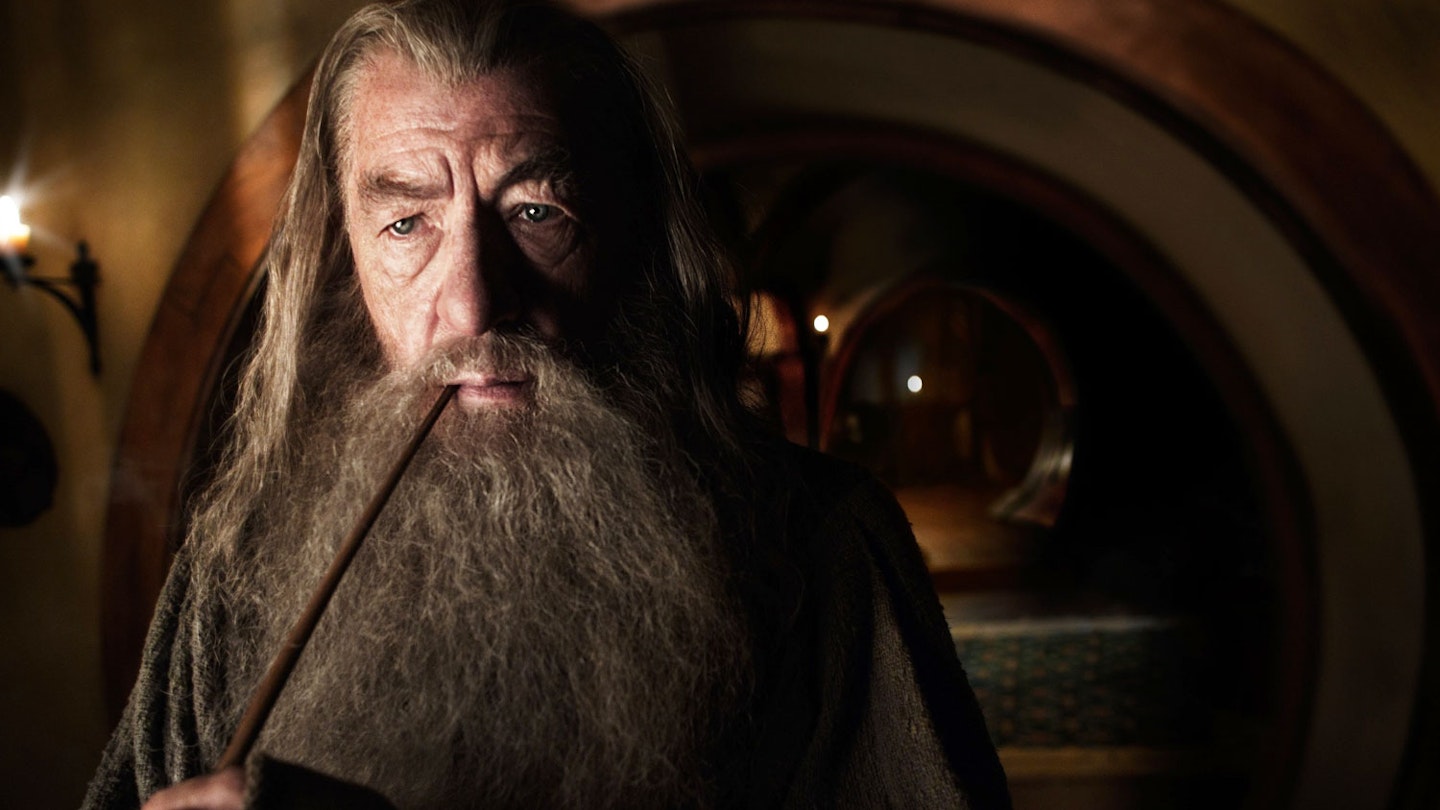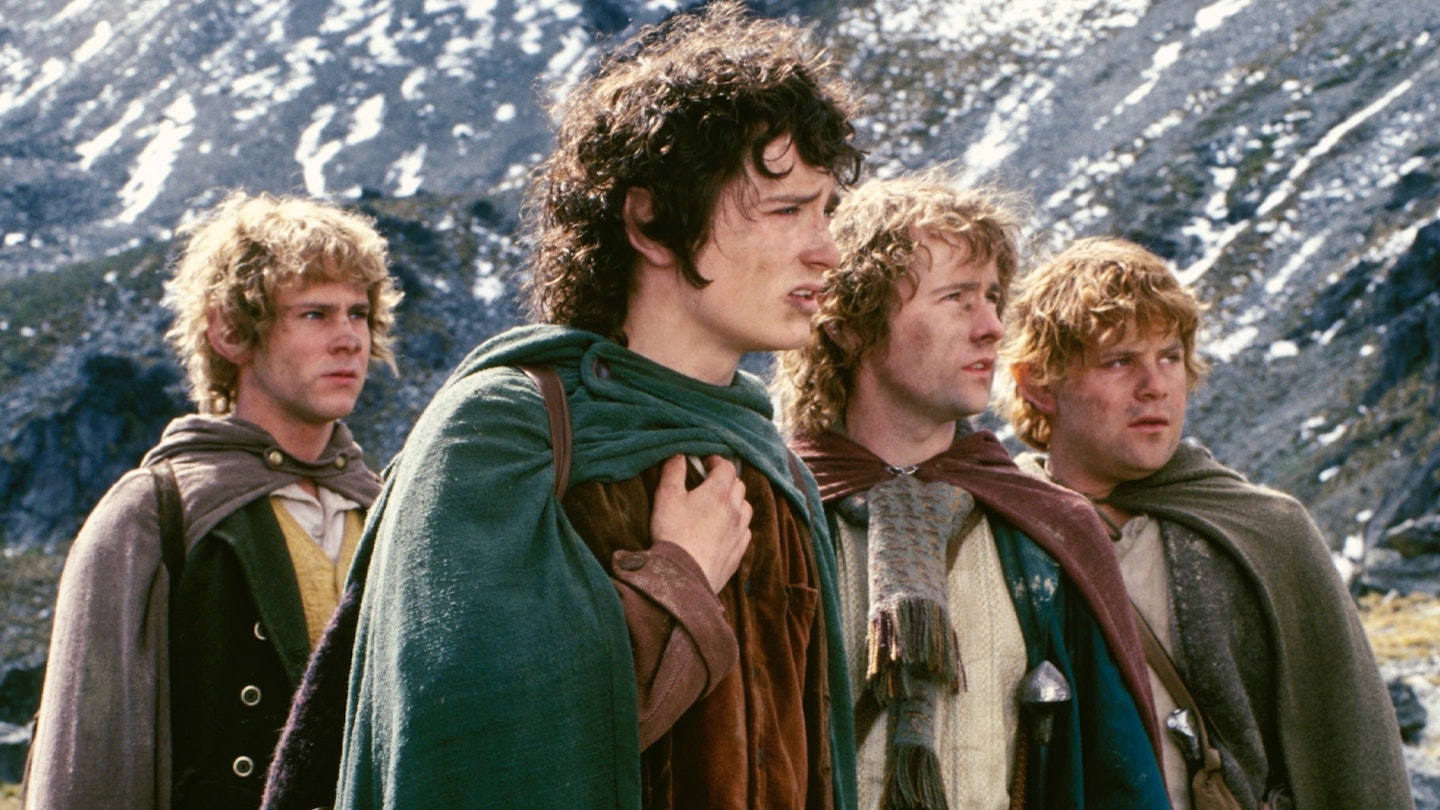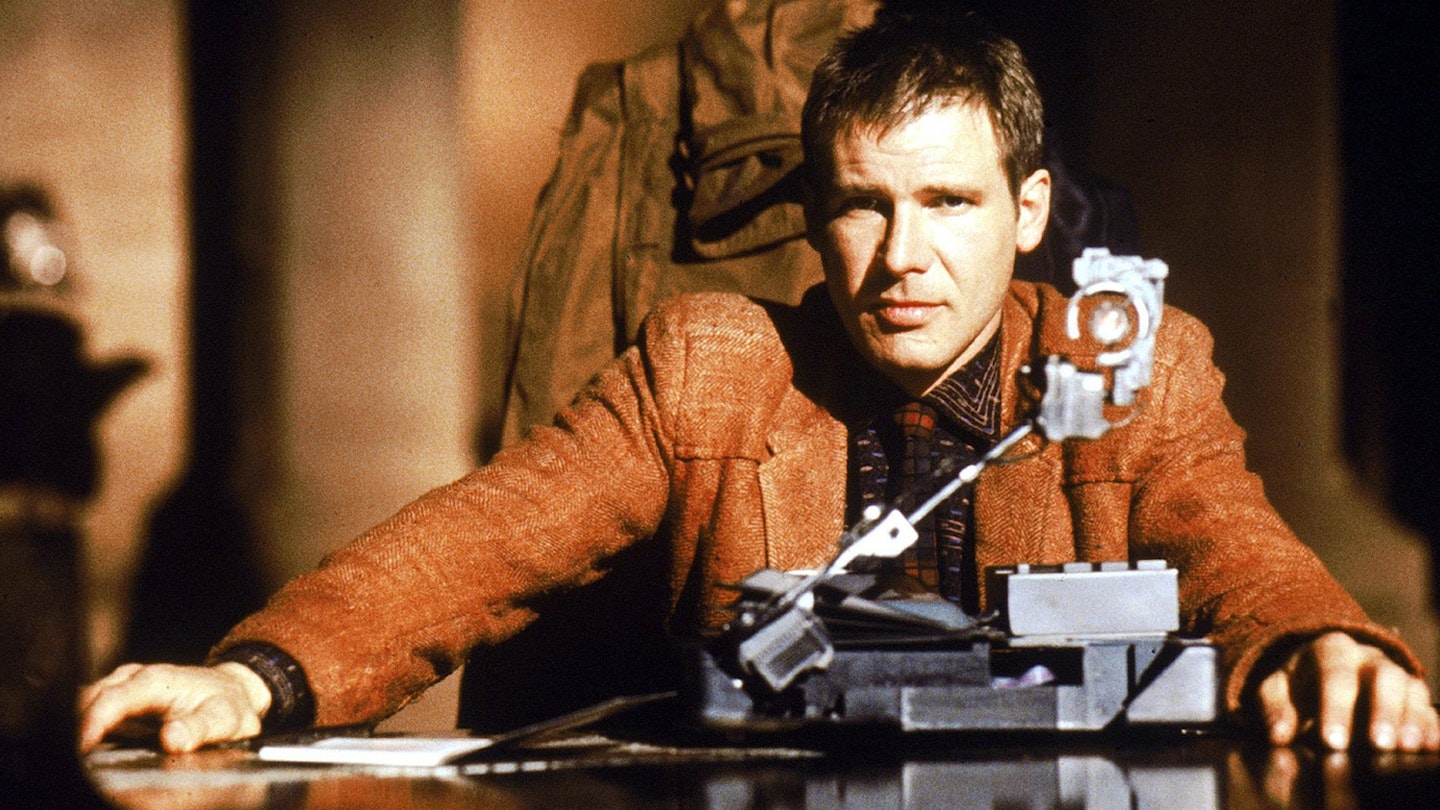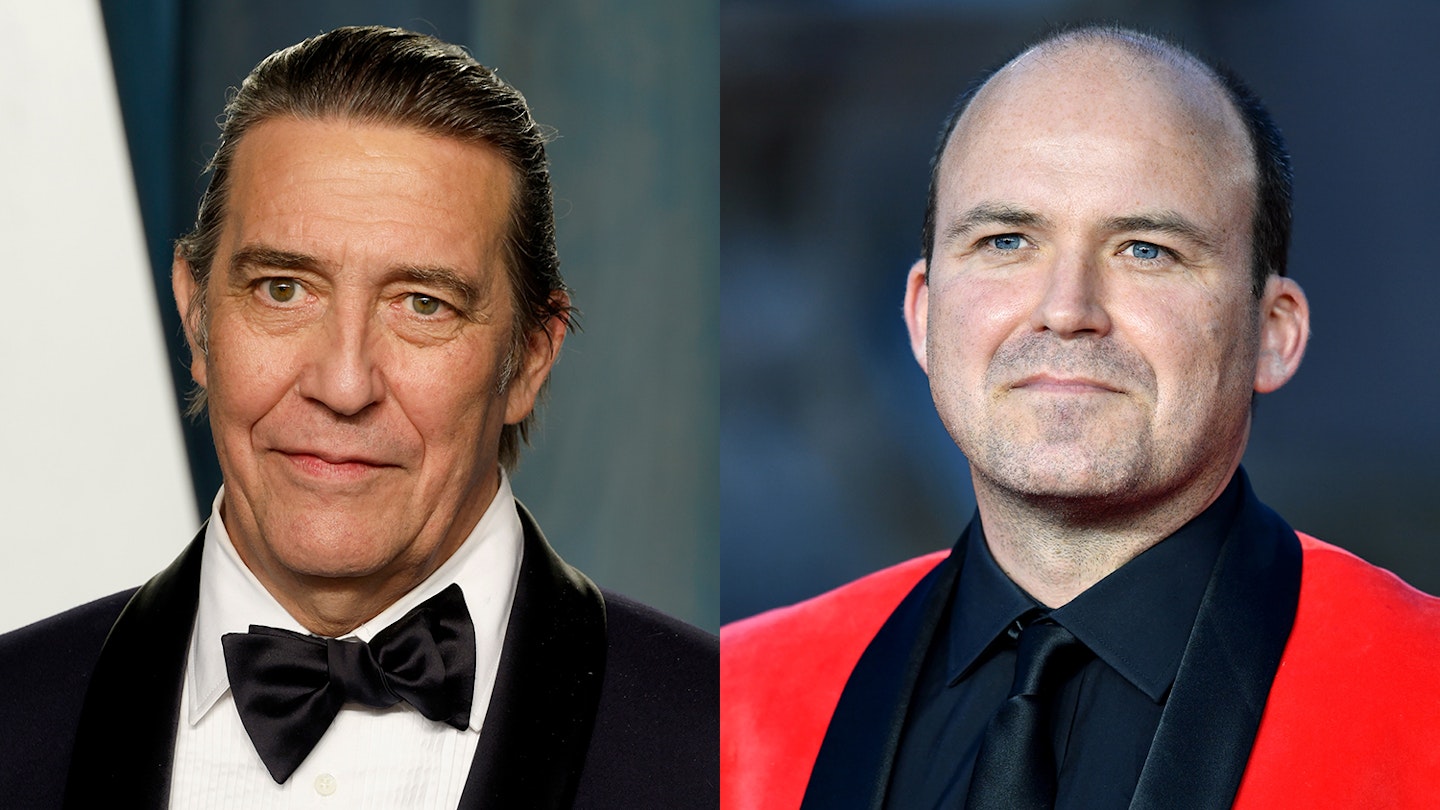Brooking no argument, history should quickly regard Peter Jackson’s The Fellowship Of The Ring as the first instalment of the best fantasy epic in motion picture history. This statement is worthy of investigation for several reasons.
Fellowship is indeed merely an opening salvo, and even after three hours in the dark you will likely exit the cinema ravenous with anticipation for the further two parts of the trilogy. Fellowship is also unabashedly rooted in the fantasy genre. Not to be confused with the techno-cool of good science fiction, nor even the cutesy charm of family fare like Harry Potter, the territory of Tolkien is clearly marked by goo and goblins and gobbledegook. Persons with an aversion to lines such as, “To the bridge of Khazad-dûm!” are as well to stay within the Shire-like comforts of home (their loss).
With those caveats in place, it bears repeating: fantasy does not come finer. There are electrifying moments — notably the computer-assisted swooping camera through Isengard as it transforms into a factory for evil — when Jackson’s flight of fancy approaches the sublime as the romantic poets would understand it: inspiring awe.
Leaving aside the thorny issue of Tolkien die-hards and their inevitable gripes — “What no Tom Bombadil?” — Jackson’s screenplay (written in collaboration with Fran Walsh and Phillipa Boyens) is both bolder and more judicious than Steven Kloves’ surprisingly timid retread of Harry Potter. In particular, rescuing the romance of Arwen and Aragorn from the footnotes and the elevation of Saruman to all-action bad guy actually has a corrective influence on Tolkien’s often oblique and female-sparse source material.
There are problems, though. The three-hour running time is high on incident and low on discernible form. After successive detours to Elf habitats Rivendell (the watery home of Elrond) and Lothlórien (the forest home of the Lady Galadriel), the uninitiated might well ask why these crazy Elf kids can’t just live together and spare us all this attenuated dramatic structure.
More importantly, the action clearly climaxes in the desperate flight from the Mines Of Moria, where the largely seamless SFX is showcased in the best possible light — total darkness — but the narrative demands a different, downbeat ending. Indeed, but for some fine emotional playing from Bean, Mortensen, Astin and Wood, the final fight might feel like a particularly brutal game of paintball in Bluebell Wood. But then, the real battles are yet to come...
